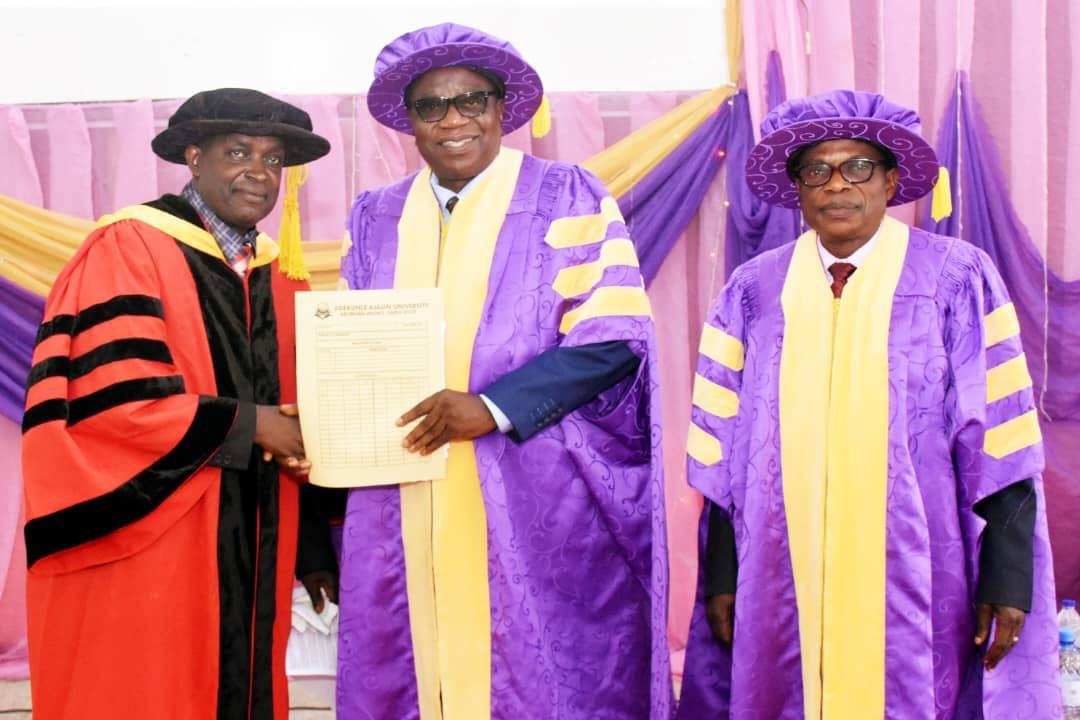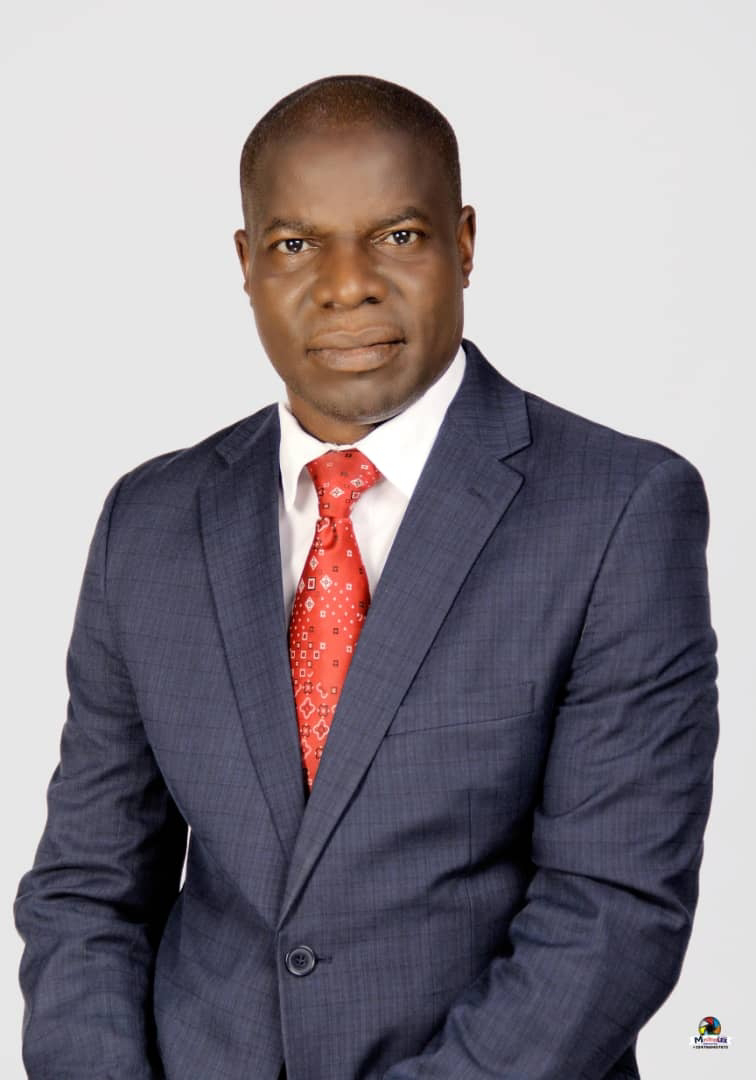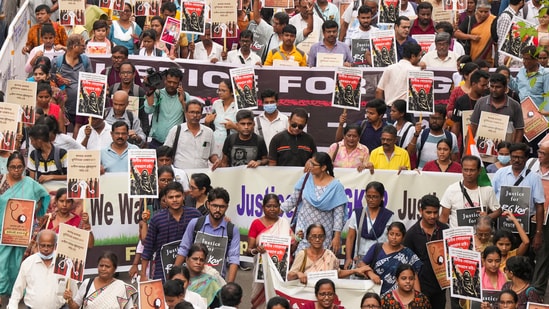Emmanuel Fayankinnu, a distinguished Professor of Industrial Sociology and Gender Relations at Adekunle Ajasin University, Akungba-Akoko, has called for immediate reforms to safeguard women leaders against a form of sexual harassment that is often overlooked, where male subordinates target women in positions of power.
Speaking at the university’s 38th Inaugural Lecture on Tuesday, April 29, 2025, Prof. Fayankinnu presented a talk titled “Still Powerless Before Male Subordinates: Contra-Power Sexual Harassment of Women Leaders in the Workplace,” highlighting the hidden nature of this specific harassment, known as Contra-Power Sexual Harassment (CPSH).
He explained that women in leadership roles are especially vulnerable to CPSH, which often manifests as verbal and symbolic abuse rather than physical harassment, making it challenging to report and prove.
“Women leaders are particularly targeted, and the harassment they experience is often subtle, including suggestive comments and sexualized symbols, which makes it difficult to detect,” he stated.
The professor lamented how male subordinates exploit cultural and organizational gaps to carry out these actions, citing examples like suggestive remarks about women’s appearance or boastful comments about sexual prowess.
“Such comments are not harmless banter but deliberate attempts to intimidate and undermine the authority of women leaders, reinforcing male dominance,” he said.
Prof. Fayankinnu called for stronger institutional policies to tackle CPSH, urging that universities and organizations adopt clear definitions of CPSH, with stringent penalties for offenders.
He also emphasized the need for equal gender representation in harassment investigation committees, pointing out that fairness and balanced power dynamics are essential in ensuring justice.
Further, he highlighted the importance of trauma-informed support systems for survivors, alongside collaboration with NGOs and policymakers to drive meaningful workplace reforms.
He also addressed cultural norms in the Yoruba society that subtly promote male dominance, urging a cultural shift to challenge behaviors that objectify women and support male sexual aggression.
“Men must actively participate in this conversation,” he insisted.
In addition to calling for cultural and policy reforms, Prof. Fayankinnu offered practical advice for women leaders, advising them to maintain professional relationships with male subordinates and be mindful of their attire to avoid unwarranted attention.
He cautioned that “provocative dressing” could invite inappropriate comments.
The professor concluded by emphasizing that combating CPSH requires collective action from institutions, society, and cultural leaders.
“This is not solely a women’s issue; it calls for the involvement of everyone,” he stated.
The Vice Chancellor of Adekunle Ajasin University, Prof. Olugbenga Ige, praised Prof. Fayankinnu for his academic contributions and commitment to nurturing future scholars.
“We are deeply grateful to Professor Fayankinnu for his unwavering dedication to academic excellence and his contributions to both the university and the global academic community,” he said.








